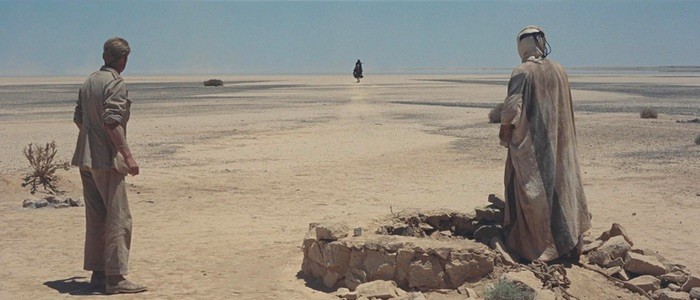HBO's 'Spielberg' Documentary: 10 Things We Learned
Steven Spielberg is one of our greatest living filmmakers. While some may want to write the Jaws filmmaker off as nothing more than a purveyor of popular blockbusters, very few directors understand the language of cinema as well as Spielberg. While many filmmakers can't block a shot to save their lie, Spielberg can convey an entire story wordlessly with his imagery. He's one of the medium's true masters.Susan Lacy's new HBO documentary Spielberg takes a look at the successful filmmakers vast career, and we picked out 10 revealing facts from the Spielberg documentary that you should know. And then you should watch the doc for yourself, of course.
Susan Lacy's Spielberg is a loving tribute to Steven Spielberg, one of the most popular filmmakers of all time. Lacy's doc tracks nearly all of the Raiders of the Lost Ark filmmaker's career, with Spielberg himself sitting down to talk about many of his films. If you've ever been blown away by the magic of Spielberg's films, like E.T. or Jaws, you'll no doubt get a thrill watching the doc, which is full of interesting trivia about the making of many of these flicks. From Spielberg's youth making home movies that put your average kid's home movies to shame, all the way through his more recent films like Bridge of Spies and The BFG, Spielberg is a journey through the career of a supremely gifted director.
That said, Spielberg isn't perfect. The documentary is primarily focused on Spielberg's success, and doesn't go into his failures very often, if at all. For instance, Spielberg's notorious flop Hook, about an adult Peter Pan (played by Robin Williams) returning to Neverland, isn't even mentioned at all (although it is glimpsed during a few montages). Neither is Always, one of Spielberg's few forgettable films. Since Lacy had access to Spielberg, a filmmaker who is notorious for not granting interviews about his work, perhaps the documentarian didn't want to push too hard into the director's missteps.
Nonetheless, Spielberg is a highly entertaining, and very insightful look into what makes Spielberg's work so special. If you've ever doubted Spielberg's directorial abilities, watching this documentary will change that.
Lawrence of Arabia Made Spielberg Realize the Power of Movies
At the start of the documentary, Spielberg talks about seeing David Lean's grand, sweeping historical epic Lawrence of Arabia when he was in high school, and goes on to describe the event the way some people might discuss a religious experience. The film so impressed and stunned him that he had to go back and see it again and again. "I wasn't able to digest it in one sitting. I actually walked out of the theatre stunned and speechless," the filmmaker has said in the past. "It pulverized me...it was a miracle that picture." Seeing Lawrence made Spielberg realize the power of films, and from there he was hooked. So hooked that he went back and saw Lawrence multiple times. It has remained one of his all-time favorite films ever since. 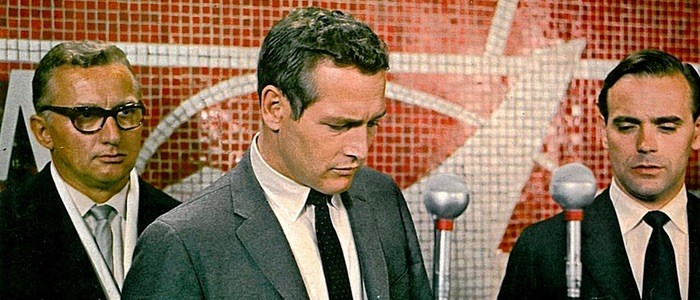
Spielberg Snuck Onto an Alfred Hitchcock Set to Watch Him Work
When Spielberg was about 20, he apparently snuck onto the set of Alfred Hitchcock's Torn Curtain to watch the acclaimed filmmaker work. Universal Studios librarian Chuck Silvers had presented Spielberg with a three-day pass to the Universal Studios backlot after being impressed with some of the young Spielberg's homemade movies. But even after the pass expired, Spielberg kept showing up, trying to make connections and learn as much about filmmaking as possible. That learning process included sneaking onto Hitchcock's set to watch Hitch film the spy thriller Torn Curtain, starring Paul Newman and Julie Andrews. He was apparently only on the set for about 10 minutes, though, before someone came and threw him off.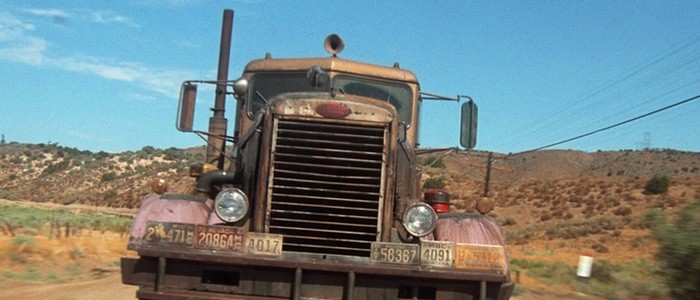
George Lucas Thought Spielberg Was "Too Hollywood" Until He Saw Duel
Steven Spielberg's friend George Lucas thought Spielberg was "too polished" and "too Hollywood" after seeing Spielberg's student film Amblin'. Lucas was part of the "Movie Brats" – the young, film-school taught directors who slowly took over Hollywood from the studio system and reshaped it in their image. Filmmakers like Francis Ford Coppola, Brian De Palma and Martin Scorsese. While these filmmakers wanted to create rough, raw, unpolished films, Spielberg's work was clearly more controlled; more clean-cut. This caused Lucas to almost write the young filmmaker off. Then Lucas saw Duel, Spielberg's 1971 made-for-TV movie about a man in a car being chased by one pissed-off trucker. Lucas says he was at a party at Francis Ford Coppola's house, but snuck upstairs to watch Duel on TV, and was totally blown away by the film, thus changing his opinion on Spielberg's talents forever.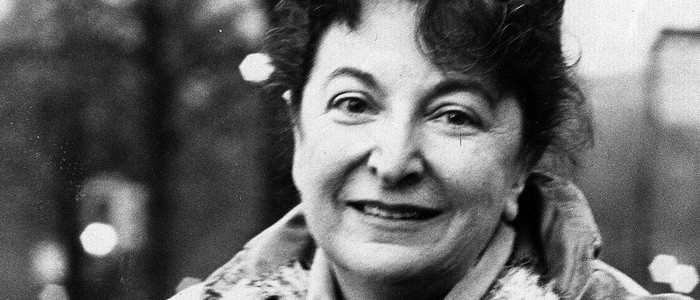
Spielberg Agreed With Pauline Kael’s Criticisms of His First Feature Film
Legendary film critic Pauline Kael praised Spielberg's directorial debut, The Sugarland Express, a road movie starring Goldie Hawn, but she also had some criticisms for Spielberg himself. In her New Yorker review, she Kael wrote: "If there is such a thing as a movie sense — and I think there is, Spielberg really has it. But he may be so full of it that he doesn't have much else. There's no sign of the emergence of a new film artist...in The Sugarland Express." While many filmmakers don't take kindly to some film criticism (witness the recent emergence of the confusing "We made this movie for the fans, not the critics!" defense), Spielberg actually agrees. "She was right!" he enthusiastically says in the documentary. "I hadn't grown up yet."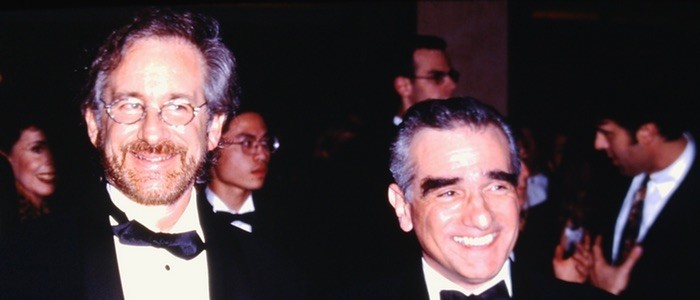
Martin Scorsese Took Spielberg For a Drive When Jaws Was Released
In one of the doc's most delightful moments, Spielberg and Martin Scorsese both recount how when Jaws first swam into theaters, Scorsese suggested they take a little drive. The rumor around Hollywood was that Jaws might sink rather than swim. "The word around town was that Jaws was a folly, and that it was going to be a disaster," Scorsese says. But Spielberg and Scorsese hopped in a car and drove from theater to theater in Los Angeles and saw massive, blockbusting lines that stretched for miles, all waiting to see Jaws. It was proof that Jaws was going to be a monster-sized hit, and that Spielberg was about to become a huge director.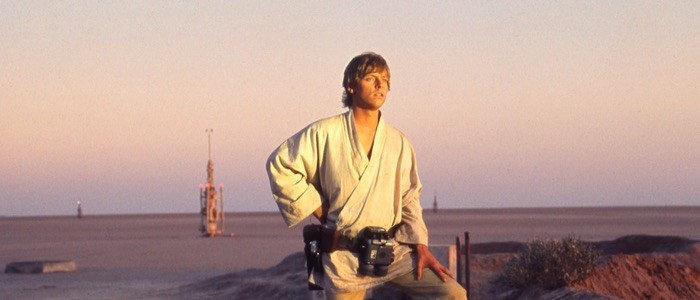
Spielberg Was the First to Realize Star Wars Was Going to be Big
Just as George Lucas was one of the first of the Movie Brat crowd to see Spielberg's potential, Spielberg was the first Movie Brat realize Star Wars was going to be huge. Lucas showed an early rough cut of the film to his friends, and almost all of them thought it was going to be a disaster. Lucas recalls "I showed it to all of my friends early on, but it was mostly stock footage of old war movies, and all kinds of stuff," Lucas said once. "They saw it and [said] 'Poor George.' 'What were you thinking? ['...] Steven jumped up, and said, 'This is going to be the biggest movie of all time!' Everybody in the room looked up at Steven and [said], 'Poor Steven.'" "Poor Steven" was right – when Star Wars was released, it became the highest-grossing film in North America just six months into release, replacing Spielberg's own Jaws.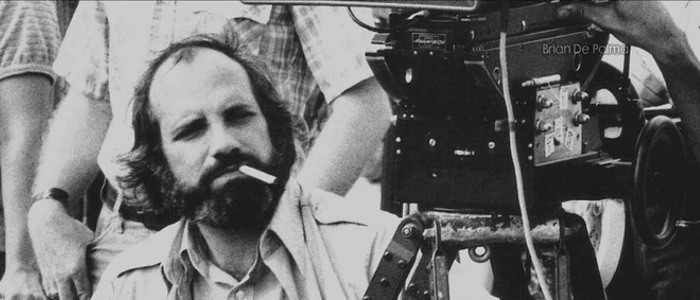
Brian De Palma Came Up With the Idea of the Star Wars Opening Crawl
Speaking of Star Wars, if you're a fan of those now-famous opening crawl that begins every Star Wars film (except Rogue One), you can thank filmmaker Brian De Palma. According to Spielberg, after George Lucas screened Star Wars for his friends and everyone (except Spielberg) was unimpressed, De Palma, the filmmaker behind films like Carrie and Blow Out, went on a rant about how he didn't understand a damn thing in the film and couldn't figure out the mythology Lucas was trying to build. De Palma's half-joking suggestion was for Lucas to insert some title cards at the beginning of the film in the style of old Flash Gordon serials to set things up. Lucas took him up on the idea, and the rest is history. So there you have it – the now-iconic Star Wars opening crawls exist because of Brian De Palma's confusion.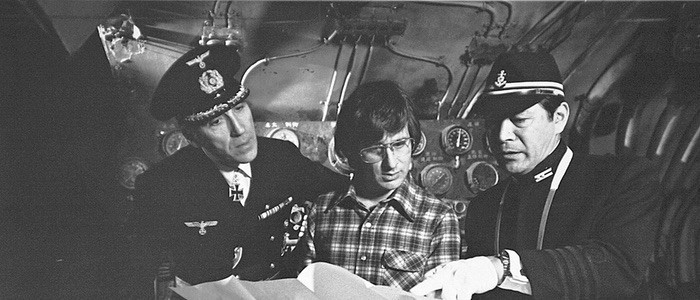
The Failure of 1941 Made Spielberg a Better Filmmaker
After the one-two blockbuster punch of Jaws and Close Encounters of the Third Kind, Spielberg began to believe his own hype, so to speak. He also was continuously going over-budget and over-schedule on his films, seemingly unconcerned about being more frugal when it came to approaching his work. Then came 1941, Spielberg's attempt at a big, rowdy Animal House-style comedy set in the aftermath of Pearl Harbor. The film was Spielberg's first critical and financial flop, and it tarnished his career a bit and brought him back down to earth. Even though Spielberg's previous films had been huge box offices successes, his tendency to go over budget studios and producers wary of working with him, and 1941 only made things worse.Spielberg got back on track with his friend George Lucas came to him with Raiders of the Lost Ark, the first Indiana Jones movie. Spielberg wanted to direct, but no one wanted to put up the money for him in the director's chair after the fiasco of 1941. Spielberg eventually made a deal that he would deliver Raiders on-budget and on-time, which he did. The film was another smash-hit for the filmmaker, and put him back on top.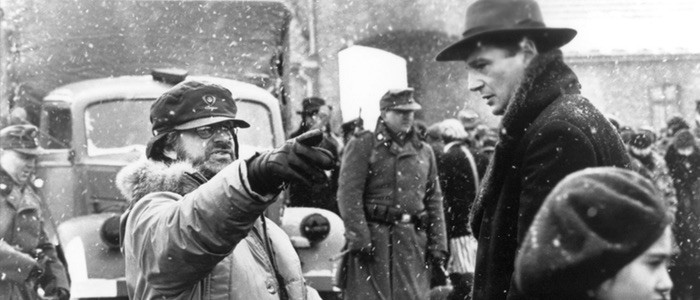
Schindler’s List Was a Turning Point in Spielberg’s Career in More Ways Than One
Schindler's List was a turning point for Spielberg. While the filmmaker had dabbled in serious films before, like The Color Purple and Empire of the Sun, he was still primarily known as a director who specialized in entertaining fluff. Schindler's List changed that. Not only was the film one of the most serious of Spielberg's career, the making of it drastically changed him. The disturbing nature of the film and the unflinching way it portrayed the Holocaust emotionally affected Spielberg, to the point where he'd come home from the set and break down in tears. The film also found the filmmaker fully embracing his Jewish heritage, something he hadn't done before.Schindler's List also changed Spielberg's filmmaking style – for the first time in his career, he used hand-held shots, much of the time handling the camera himself. "I tried to be as close to a journalist in recording this re-creation, more than being a filmmaker trying to heighten the suspense or action or the pathos," Spielberg said in the production notes for the film. "The black and white and hand-held camera gives the film sort of a cinema verite, documentary feel. It embodied the truth we were trying to explore and communicate what happened. It made it seem more real, somehow."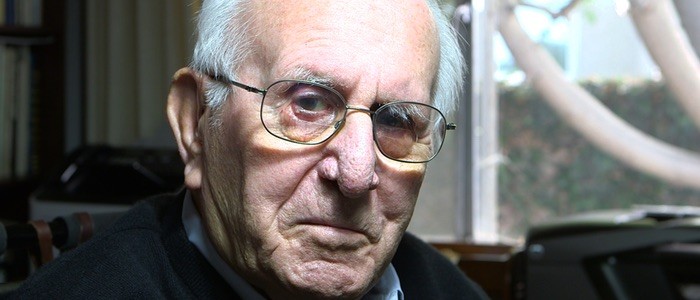
Spielberg Pushed His Father Away
If there's one recurring theme in all of Steven Spielberg's work, it's that of the absentee father. A large portion of Spielberg's movies feature something involving lackluster fathers: Elliot's missing dad in E.T.; Richard Dreyfuss abandoning his family to go be with aliens in Close Encounters of the Third Kind; workaholic Peter Banning ignoring his kids in Hook. Even Sam Neill's character from Jurassic Park resents the mere presence of children, and has no interest in ever having any of his own. This theme is drawn from Spielberg's own life, but it was based on a misconception.When Spielberg's parents divorced, Spielberg immediately assumed it was entirely his father's idea, and he blamed his father for this and pushed him away. It was only years later that Spielberg learned the truth: that his mother had fallen in love with Spielberg's father's best friend, and had pushed for the divorce as a result. Spielberg's father, Arnold, never set the record straight with young Steven because he still felt protective of his ex-wife. "I think one of the worst things that happened to me was my voluntary fallout with my father," Spielberg said once in a 60 Minutes interview. "And then the greatest thing that happened to me was when I saw the light, and realized I needed to love him in a way that he could love me back." All's well that ends well, though: as the documentary draws to a close, Spielberg reveals that his divorced parents are now very close friends – perhaps closer than they ever were in marriage.
***
Spielberg airs on HBO on October 7, 2017.

